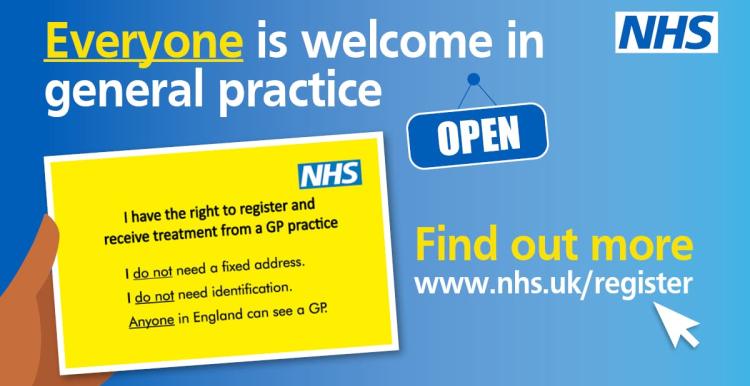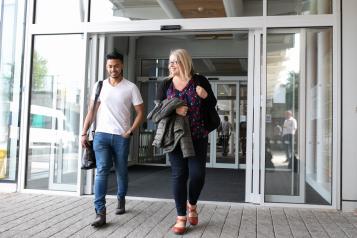My Right to Healthcare

Previously known as My Right to Healthcare, GP Access cards allow people who aren't registered with a GP practice, have no fixed address or identification to communicate their right to healthcare.
Everyone in England is entitled to register with a GP. Many people who experience health inequalities can face barriers when trying to register. Practices should not turn people away because they do not have proof of ID, address or immigration status.
People can also register if they do not know or do not have an NHS number.
Being registered with a GP has many benefits, the most important one at the moment is that GPs can identify those people who are clinically vulnerable to Covid-19 and ensure that they are invited to get a vaccination.
The cards explain that all have a right to register with GP surgeries, including those experiencing homelessness, Gypsies and Travellers and other people who may be refused registration. They are small, plastic, credit card-style cards emphasising that when registering with a GP:
- you do not need a fixed address
- you do not need identification
- your immigration status does not matter
Download a digital version of the GP access card
You can download this and show it on your phone.
Background to the cards
People who experience homelessness in England are 60 times more likely to visit A&E in a year compared with the general population. This is largely due to the difficulty they have in registering at a GP surgery, with people often wrongly turned away due to lack of proof of address or identification.
To help address this, Groundswell, their Homeless Health Peer Advocates and the London Homeless Health Programme (LHHP) first produced ‘My Right to Healthcare’ cards for people experiencing homelessness. This reinforced the message that being denied access to GP surgeries is not acceptable.


